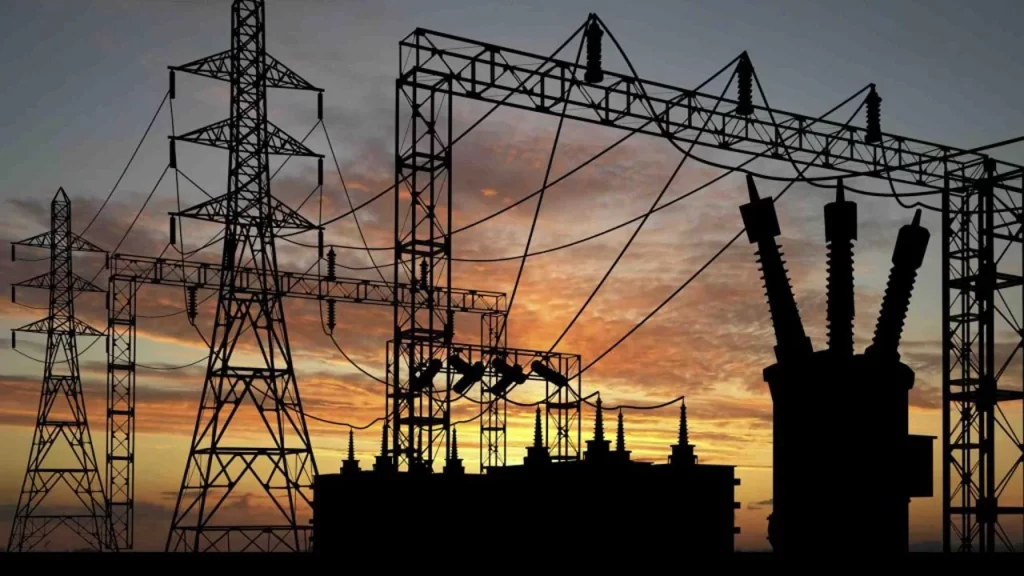The Director-General of the Energy Commission of Nigeria (ECN), Mustafa Abdullahi, has defended the country’s continued electricity supply to neighbouring nations, insisting it is a strategic and economic necessity despite Nigeria’s lingering power deficit.
Speaking in an interview, Abdullahi said Nigeria currently generates, transmits and distributes 6,000 megawatts — a notable rise from the 4,000 megawatts produced before 2023 — yet over 85 million Nigerians still lack access to electricity.
He attributed the shortfall partly to outdated infrastructure, heavy reliance on gas (86 per cent) and hydro (12 per cent) sources, and slow adoption of renewable energy, despite Nigeria’s abundant solar potential.
On why electricity is sent to countries like Benin Republic, Abdullahi explained that only about six per cent of Nigeria’s generated power is exported, mainly from hydro sources in border regions. He described the arrangement as vital for maintaining diplomatic and economic stability.
“We are not selling it for luxury. It’s strategic. If Benin builds a dam next to ours, both will underperform. We share rivers and waterways, so providing them with electricity is part of goodwill and mutual benefit,” he said.
The ECN boss said the recently decentralised electricity framework under the 2023 Electricity Act allows states to generate, distribute and regulate their power, but noted that limited capacity and investor readiness are slowing progress.
According to him, most states require 40–70 megawatts for optimal supply but are starting with five megawatts as pilot projects.
He stressed that renewable energy expansion, particularly solar, would cut dependence on inefficient grid systems, eliminate tariff bands and lower costs through local production of solar panels and battery systems.
Abdullahi also disclosed that Nigeria needs about 35,000 megawatts for full nationwide coverage, and called for energy-efficient appliances to maximise existing supply. On electric vehicles, he revealed that the ECN now procures only EVs, setting an example for clean energy adoption.
“We want Nigerians to know it’s possible. If you have an EV, you don’t have to worry about petrol — just charge at our stations and drive,” he said.
Do you want to share a story with us? Do you want to advertise with us? Do you need publicity for a product, service, or event? Contact us on WhatsApp +2348183319097 Email: platformtimes@gmail.com
We are committed to impactful investigative journalism for human interest and social justice. Your donation will help us tell more stories. Kindly donate any amount HERE




